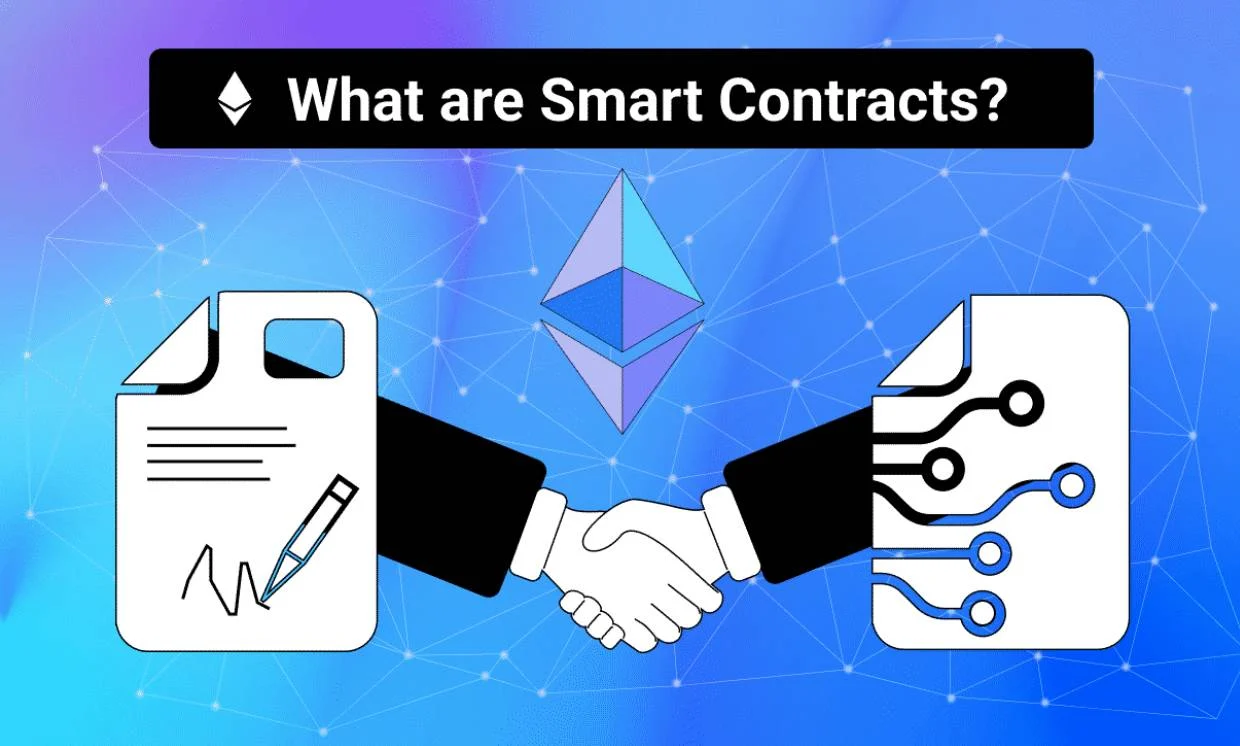Power of Smart Contracts: Revolutionizing Digital Transactions

Introduction to Smart Contracts
Smart contracts are self-executing digital agreements embedded with predefined conditions. They run on blockchain networks, eliminating intermediaries and ensuring secure, automated transactions. These contracts are widely used in finance, supply chains, healthcare, and real estate, revolutionizing traditional agreements with efficiency and transparency.
How Smart Contracts Work
A smart contract consists of code that defines the agreement terms and triggers actions when specific conditions are met. Once deployed on a blockchain, it becomes immutable and autonomous. This decentralized nature ensures security, prevents fraud, and reduces reliance on third parties. Popular platforms like Ethereum, Binance Smart Chain, and Solana support smart contract execution.
Key Benefits of Smart Contracts
Smart contracts offer numerous advantages, including automation, transparency, and cost efficiency. Since they eliminate intermediaries, transaction costs are reduced. Moreover, they enhance security by utilizing cryptographic encryption, making data tamper-proof. The real-time execution speeds up processes, leading to improved business efficiency.
Common Applications of Smart Contracts
- Finance & Banking: Automates transactions, loans, and insurance claims.
- Supply Chain Management: Tracks goods in real-time, reducing fraud.
- Healthcare: Secures patient data and automates medical processes.
- Real Estate: Enables transparent and quick property transfers.
- Voting Systems: Enhances election security and prevents fraud.
Challenges and Limitations
Despite their potential, smart contracts face challenges such as scalability issues, coding vulnerabilities, and regulatory concerns. Bugs in the contract code can lead to security breaches, while lack of legal clarity can create complications in enforcement. Ongoing advancements in blockchain technology aim to resolve these limitations.
Future of Smart Contracts
As blockchain technology continues to evolve, smart contracts will become even more robust and widely adopted. Integration with artificial intelligence and IoT will expand their capabilities, making automated processes smarter and more efficient. Industries will increasingly rely on these contracts to enhance transparency, security, and operational efficiency.
Read More - https://www.marketresearchfuture.com/reports/smart-contracts-market-4588
Conclusion
Smart contracts are transforming industries by offering secure, automated, and efficient digital agreements. Despite challenges, their adoption continues to grow, promising a future where transactions are faster, safer, and more reliable.
- Art
- Causes
- Crafts
- Dance
- Drinks
- Film
- Fitness
- Food
- Games
- Gardening
- Health
- Home
- Literature
- Music
- Networking
- Other
- Party
- Religion
- Shopping
- Sports
- Theater
- Wellness


